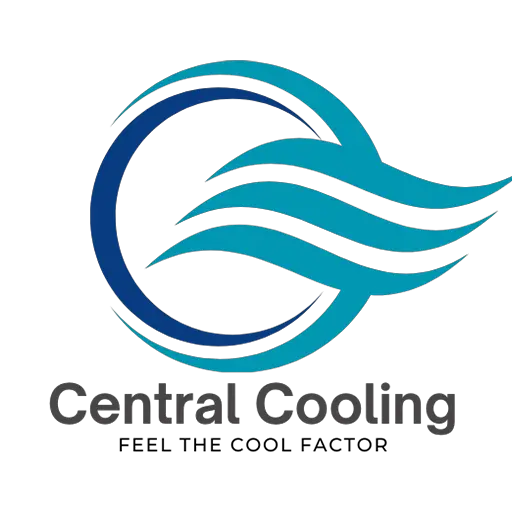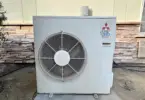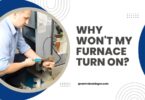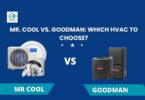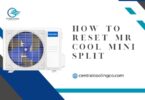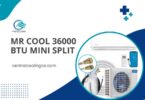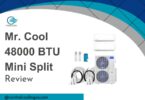Introduction:
Achieving a comfortable living environment often involves investing in an air conditioner, and with the increasing popularity of inverter technology, homeowners are faced with an important choice. In this guide, we aim to demystify inverter technology, explore its benefits, and help consumers distinguish between inverter vs non-inverter air conditioners.
Understanding Inverter Technology:
An inverter is a device that converts direct current into alternating current. In the realm of HVAC systems, air conditioners with inverter technology feature regulated compressors. To identify an inverter air conditioner, pay attention to the compressor’s continuous operation, even when adjusting the thermostat.
Distinguishing Features: Inverter vs. Non-Inverter AC
Air conditioners have become essential in modern living, enhancing comfort in various environments. When deciding between inverter and non-inverter air conditioners, key factors such as speed, efficiency, lifespan, noise, and cost play a pivotal role.
1. Speed:
Non-inverter air conditioners employ compressors with fixed speeds, leading to frequent on/off cycles and increased energy consumption. Inverter air conditioners, however, utilize variable speed compressors, allowing for precise temperature control, reduced power consumption during startup, and improved long-term energy efficiency.
2. Efficiency:
Non-inverter units tend to be less energy-efficient due to their fixed power supply based on room temperature. Inverter air conditioners, with their variable speed compressors, offer greater efficiency, adjusting power consumption according to the user’s preferences and contributing to long-term energy savings.
3. Lifespan:
Non-inverter air conditioners, operating with frequent on/off cycles, may experience more wear and tear, resulting in a shorter lifespan. In contrast, inverter air conditioners, requiring less effort due to their efficient technology, boast a longer operational life.
4. Noise:
Traditional non-inverter air conditioners often produce loud on/off sounds, while inverter units operate more quietly due to their continuous temperature adjustment without the need for frequent cycling.
5. Cost:
Although inverter air conditioners may have a higher initial cost, their durability, adaptability, and long-term energy savings make them a worthwhile investment. Inverter technology contributes to lower operating costs and fewer breakdowns.
Energy Savings with Inverter AC:
Inverter air conditioners excel in energy efficiency by avoiding frequent cycling, reducing electricity consumption, and better controlling humidity levels. The continuous operation of the inverter unit not only saves electricity but also enhances environmental benefits.
Choosing the Right AC System:
Before making a purchase, it’s crucial to understand your specific requirements and usage patterns. While inverter air conditioners may be more expensive initially, they offer substantial long-term savings and comfort benefits, making them a wise investment for those who use air conditioning regularly.
Conclusion On Inverter VS Non-Inverter Air Conditioners
Inverter technology represents a significant advancement in air conditioning, providing consumers with energy-efficient and environmentally friendly options. When choosing between inverter and non-inverter air conditioners, carefully consider factors such as speed, efficiency, lifespan, noise, and cost to make an informed decision that aligns with your needs and preferences.
Disclosure: We may get commissions for purchases made through links in this post.
